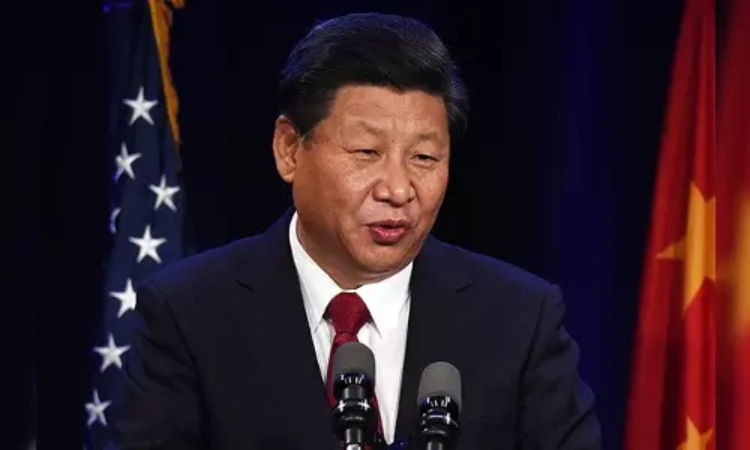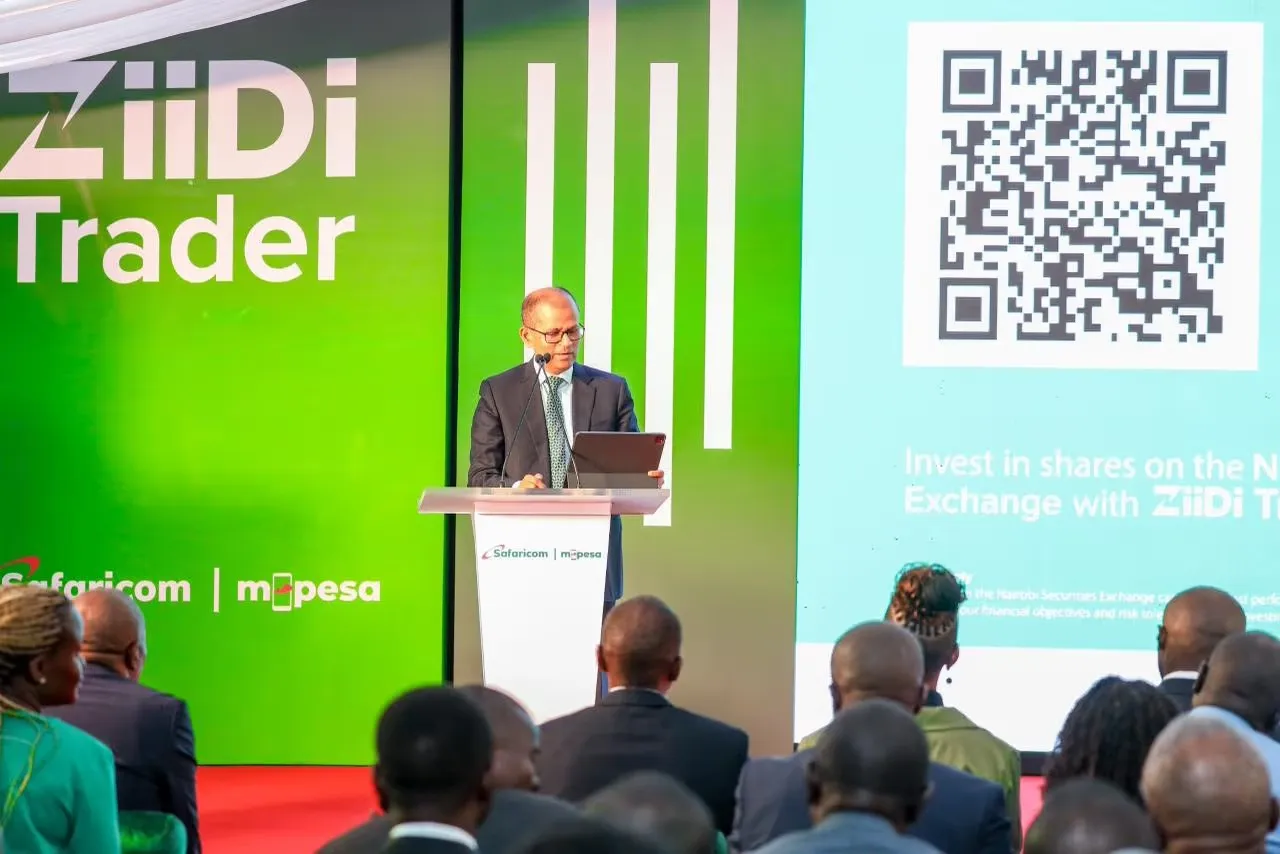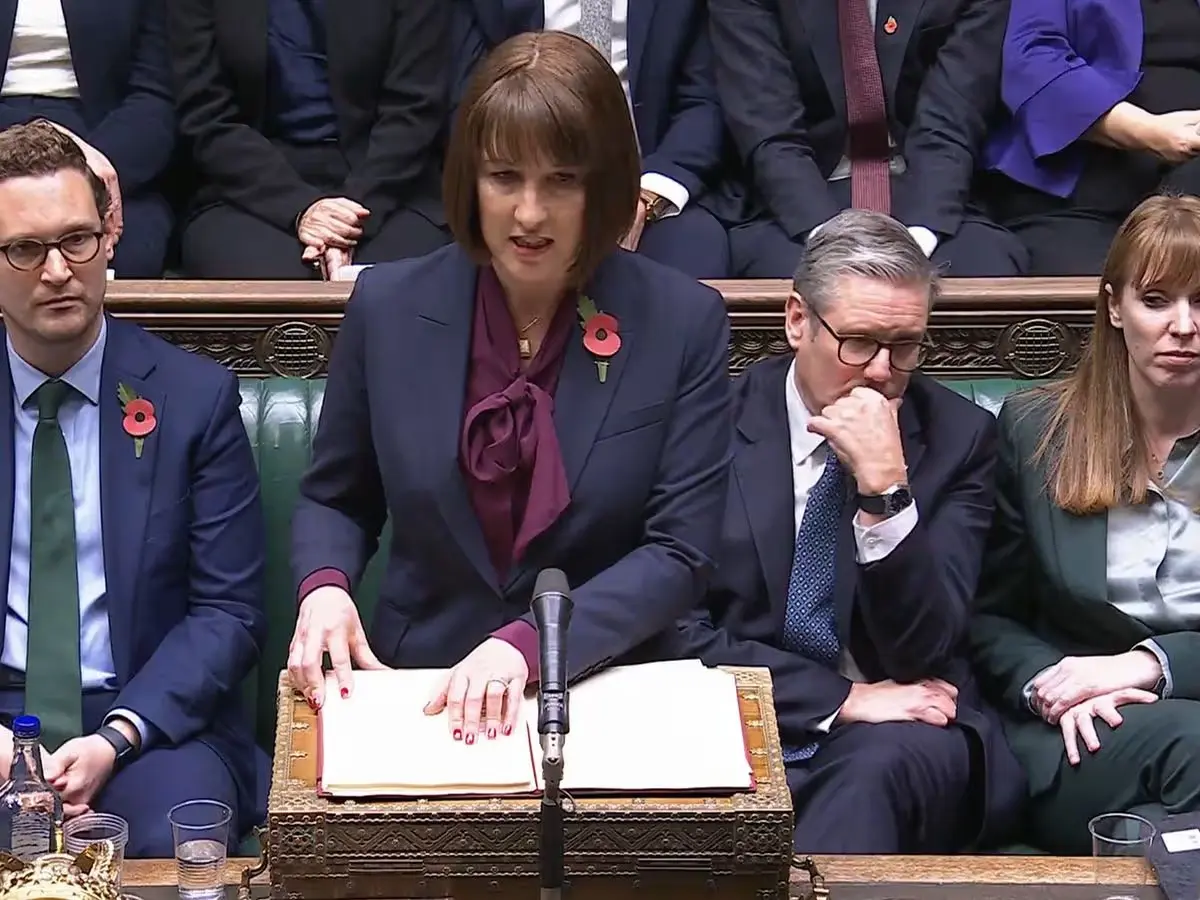In a dramatic escalation of trade tensions, China has retaliated against the United States’ latest tariff measures, imposing its own set of levies on American goods. This move intensifies the long-standing economic rivalry between the world’s two largest economies and raises concerns over the stability of global markets.
U.S. Tariffs Take Effect
At precisely 12:01 a.m. Eastern Time on Tuesday, the U.S. government imposed a 10% tariff on all Chinese imports into the country. This decision came after repeated warnings from President Donald Trump, who accused Beijing of not doing enough to curb the influx of illicit drugs, particularly fentanyl, into the United States. Trump has linked economic pressure to his administration’s broader strategy of fighting the opioid crisis, arguing that trade penalties could serve as leverage to push China into stronger enforcement measures.
According to U.S. trade officials, this latest round of tariffs affects nearly all Chinese imports, covering products ranging from electronics and textiles to machinery and raw materials. The administration has cited national security concerns and economic fairness as the key justifications for these actions. U.S. Trade Representative officials have also pointed out that China’s continued trade surplus with the United States remains a pressing issue, necessitating more aggressive countermeasures.
China’s Swift Retaliation
Just minutes after the U.S. tariffs went into effect, China’s Ministry of Finance responded with its own set of countermeasures. The Chinese government announced that it would impose a 15% tariff on U.S. coal and liquefied natural gas (LNG), while crude oil, agricultural machinery, and specific automobile models would face a 10% tariff. These retaliatory tariffs will take effect on February 10, signaling Beijing’s firm stance in the renewed trade war.
In addition to the new tariffs, China has ramped up its regulatory scrutiny of major American corporations operating within its borders. The country’s State Administration for Market Regulation has opened an antitrust investigation into Alphabet Inc.’s Google, alleging monopolistic behavior in the digital market. Additionally, China has placed PVH Corp, the parent company of brands like Calvin Klein, and U.S. biotechnology giant Illumina on its “unreliable entities list.” Companies added to this list could face restrictions on their operations in China, including supply chain disruptions and limited access to the Chinese market.
China’s Ministry of Commerce and Customs Administration also announced export controls on several critical raw materials, including tungsten, tellurium, molybdenum, bismuth, and indium. These materials are essential for the production of semiconductors, renewable energy technology, and high-tech military equipment. Given China’s dominant role in the global supply of these rare earth elements, these export restrictions could have far-reaching consequences for international industries.
Historical Context: A Renewed Trade War?
The latest exchange of tariffs has rekindled fears of a prolonged trade war, reminiscent of the one that took place during Trump’s first term in office between 2018 and 2020. During that period, both countries imposed tariffs on hundreds of billions of dollars’ worth of goods, leading to significant disruptions in global supply chains and market instability.
Economists warn that the current situation may lead to similar economic turmoil, as businesses and investors struggle to navigate an increasingly uncertain trade landscape. The renewed conflict comes at a time when the global economy is still recovering from recent challenges, including inflationary pressures, energy market instability, and the lingering effects of the COVID-19 pandemic.
The Fentanyl Factor: A Key Point of Contention
President Trump has placed significant emphasis on China’s role in the fentanyl crisis, stating that additional tariffs could be imposed unless Beijing takes decisive action to curb the flow of the deadly opioid into the United States. Fentanyl, a synthetic opioid responsible for a sharp rise in overdose deaths across the U.S., has been a major point of contention in U.S.-China relations.
While China has implemented some measures to regulate fentanyl production and exports, U.S. officials argue that enforcement remains weak. The Trump administration has accused Chinese manufacturers of continuing to supply fentanyl and its precursors to illicit drug networks that ultimately distribute the substance within the United States.
Beijing, on the other hand, has rejected these claims, asserting that the U.S. opioid crisis is primarily a domestic issue. Chinese officials argue that the problem stems from overprescription and lax drug enforcement policies within the United States itself. Nevertheless, China has signaled a willingness to engage in further dialogue on the issue, leaving room for potential negotiations.
Market Reactions and Economic Impact
Financial markets reacted swiftly to the escalating trade tensions. Stock markets in Hong Kong and Shanghai saw sharp declines in early trading, while the U.S. dollar strengthened against the Chinese yuan. The uncertainty surrounding U.S.-China relations has also affected global commodity prices, with oil and natural gas experiencing volatility in response to China’s new tariffs on American energy exports.
The trade dispute is expected to have significant economic consequences, particularly for industries reliant on cross-border supply chains. American agricultural producers, who depend heavily on exports to China, are likely to feel the effects of the tariffs, with U.S. soybean and corn exporters already expressing concerns about potential losses. Similarly, U.S. technology firms, which source critical components from China, may face increased costs and supply chain disruptions.
Oxford Economics has downgraded its growth forecast for China, warning that further tariffs could exacerbate existing economic slowdowns. Analysts note that if the situation continues to escalate, both economies could experience slower growth, higher consumer prices, and increased financial market volatility.
Global Responses and Diplomatic Maneuvers
While Canada and Mexico have secured temporary relief from U.S. tariffs after reaching agreements with the Trump administration, European leaders are closely watching the situation unfold. President Trump has hinted that the European Union could be his next trade target, though he has not yet provided details on potential tariffs.
EU officials have expressed concerns about the impact of a prolonged U.S.-China trade war on global economic stability. European policymakers have emphasized the need for negotiations and diplomacy, warning that continued economic hostilities could lead to broader disruptions in international trade.
Meanwhile, U.S. business groups have urged the administration to find a resolution to the dispute, warning that prolonged tariffs could harm American companies and consumers. The National Foreign Trade Council has called for renewed negotiations between Washington and Beijing, emphasizing the importance of maintaining a stable economic relationship between the two nations.
What Comes Next?
As tensions continue to mount, the next steps remain uncertain. The White House has indicated that President Trump does not plan to speak with Chinese President Xi Jinping until later in the week, leaving the possibility of negotiations open. However, with both sides firmly entrenched in their positions, reaching a resolution may prove challenging.
Trade experts caution that if the conflict escalates further, additional rounds of tariffs could be imposed, leading to even greater economic disruptions. Both the U.S. and China have much to lose in a prolonged trade war, but political considerations and national security concerns may complicate efforts to reach a compromise.
For now, businesses and investors are bracing for continued volatility, while policymakers in both countries weigh their next moves. The global economy is once again caught in the crossfire of U.S.-China tensions, with far-reaching implications that extend well beyond bilateral trade.
As the situation unfolds, all eyes will be on Washington and Beijing to see whether diplomacy can prevail, or whether the world’s two largest economies are headed toward another full-scale trade war.
Ready to take your career to the next level? Join our dynamic courses: ACCA, HESI A2, ATI TEAS 7 , HESI EXIT , NCLEX – RN and NCLEX – PN, Financial Literacy!🌟 Dive into a world of opportunities and empower yourself for success. Explore more at Serrari Ed and start your exciting journey today! ✨
photo source: Google
By: Montel Kamau
Serrari Financial Analyst
4th January, 2025
Article, Financial and News Disclaimer
The Value of a Financial Advisor
While this article offers valuable insights, it is essential to recognize that personal finance can be highly complex and unique to each individual. A financial advisor provides professional expertise and personalized guidance to help you make well-informed decisions tailored to your specific circumstances and goals.
Beyond offering knowledge, a financial advisor serves as a trusted partner to help you stay disciplined, avoid common pitfalls, and remain focused on your long-term objectives. Their perspective and experience can complement your own efforts, enhancing your financial well-being and ensuring a more confident approach to managing your finances.
Disclaimer: This article is for informational purposes only and does not constitute financial advice. Readers are encouraged to consult a licensed financial advisor to obtain guidance specific to their financial situation.
Article and News Disclaimer
The information provided on www.serrarigroup.com is for general informational purposes only. While we strive to keep the information up to date and accurate, we make no representations or warranties of any kind, express or implied, about the completeness, accuracy, reliability, suitability, or availability with respect to the website or the information, products, services, or related graphics contained on the website for any purpose. Any reliance you place on such information is therefore strictly at your own risk.
www.serrarigroup.com is not responsible for any errors or omissions, or for the results obtained from the use of this information. All information on the website is provided on an as-is basis, with no guarantee of completeness, accuracy, timeliness, or of the results obtained from the use of this information, and without warranty of any kind, express or implied, including but not limited to warranties of performance, merchantability, and fitness for a particular purpose.
In no event will www.serrarigroup.com be liable to you or anyone else for any decision made or action taken in reliance on the information provided on the website or for any consequential, special, or similar damages, even if advised of the possibility of such damages.
The articles, news, and information presented on www.serrarigroup.com reflect the opinions of the respective authors and contributors and do not necessarily represent the views of the website or its management. Any views or opinions expressed are solely those of the individual authors and do not represent the website's views or opinions as a whole.
The content on www.serrarigroup.com may include links to external websites, which are provided for convenience and informational purposes only. We have no control over the nature, content, and availability of those sites. The inclusion of any links does not necessarily imply a recommendation or endorsement of the views expressed within them.
Every effort is made to keep the website up and running smoothly. However, www.serrarigroup.com takes no responsibility for, and will not be liable for, the website being temporarily unavailable due to technical issues beyond our control.
Please note that laws, regulations, and information can change rapidly, and we advise you to conduct further research and seek professional advice when necessary.
By using www.serrarigroup.com, you agree to this disclaimer and its terms. If you do not agree with this disclaimer, please do not use the website.
www.serrarigroup.com, reserves the right to update, modify, or remove any part of this disclaimer without prior notice. It is your responsibility to review this disclaimer periodically for changes.
Serrari Group 2025
















